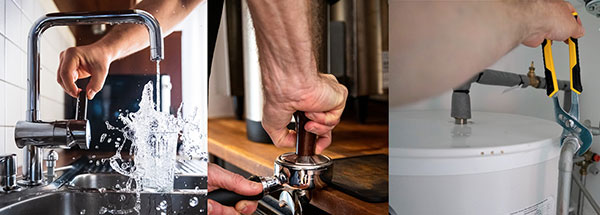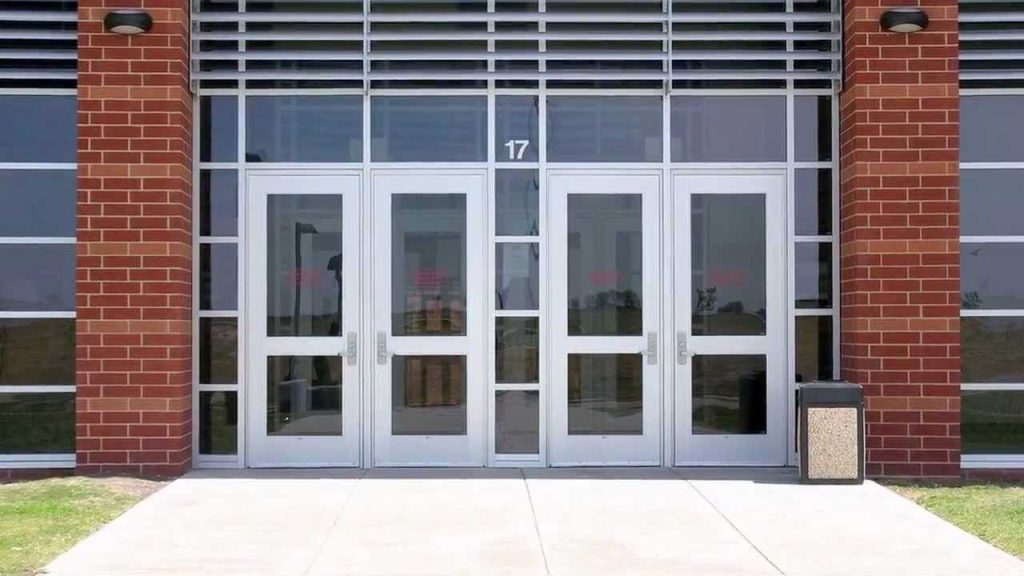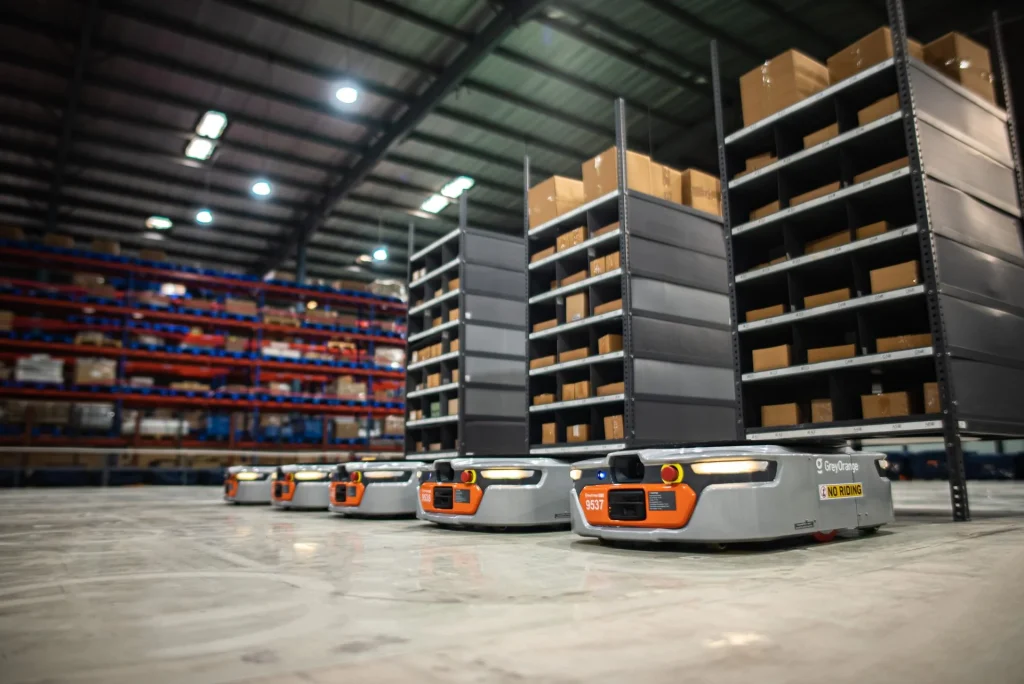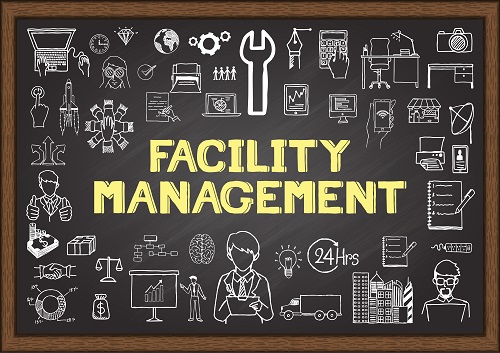Picture this: you walk into your business in the morning, ready to tackle the day ahead, only to be greeted by a burst pipe flooding your office. The stress, the mess, and the potential damage could have been avoided with proper commercial plumbing services. Plumbing may not always be at the top of businesses’ minds, […]
Category Archives: Commercial Services
Introduction to the importance of commercial flooring Regarding commercial spaces, the flooring plays a crucial role in setting the tone for your business. From creating a welcoming atmosphere for customers to ensuring a safe and durable surface for daily operations, choosing the right flooring is essential. However, the longevity and performance of your commercial flooring […]
Introduction: The Importance of Commercial Facility Maintenance Welcome to the Ultimate Guide to Commercial Facility Maintenance Services! Maintaining your commercial facility is crucial for success in the fast-paced business world. Regular upkeep ensures a safe, efficient, and inviting environment for employees and customers, from office buildings to retail stores and everything in between. Let’s explore […]
Are you upgrading your commercial space or renovating your business premises? One crucial aspect that often gets overlooked but plays a significant role in aesthetics and functionality is the installation of commercial doors. Properly installed doors enhance security and leave a lasting impression on clients and customers. In this ultimate guide to commercial door installation, […]
Introduction to the Dark Store Concept Picture this: a store filled with rows of products, bustling with activity, yet devoid of customers Dark Store For Online Retailers. This is the concept behind the rise of dark stores in the world of online retail. Dark stores are revolutionizing how e-commerce companies operate and fulfill orders, paving […]
Welcome to the world of Facilities Management – where seamless operations, efficient spaces, and innovative solutions converge to create optimal working environments. In this blog post, we will delve into the secrets behind adequate facilities management practices and explore real-life case studies that showcase the impact of strategic facility management. Join us on a journey […]
Introduction to Fire Safety Code Compliance Fire safety code compliance is non-negotiable when it comes to ensuring the safety of your building and everyone in it. Regular inspections and maintenance are legal requirements and crucial steps in safeguarding lives and property. Let’s explore why maintaining fire safety measures is paramount for every responsible building owner […]
Introduction: The Role of Facility Maintenance Services in Business Operations Welcome to the heartbeat of your business – where smooth operations pave the way for success. In the fast-paced world of entrepreneurship, keeping your organization running like a well-oiled machine is crucial. This is where Facility Maintenance Services step in as unsung heroes, ensuring that […]
Introduction to Dark Stores and their Role in Retail Step into the shadowy retail efficiency and optimization world with Dark Store Management. Imagine a retail space shrouded in mystery, where inventory magic happens behind closed doors. Dark Stores are revolutionizing how businesses handle their operations, offering a strategic approach to streamlining processes and boosting productivity. […]
Are you running a commercial establishment and constantly finding yourself in need of repairs or maintenance tasks? If so, then commercial handyman services might be the solution you’ve been looking for. Whether fixing electrical issues, repairing plumbing problems, or handling general upkeep, having a reliable commercial handyman service on-call can make all the difference in […]










